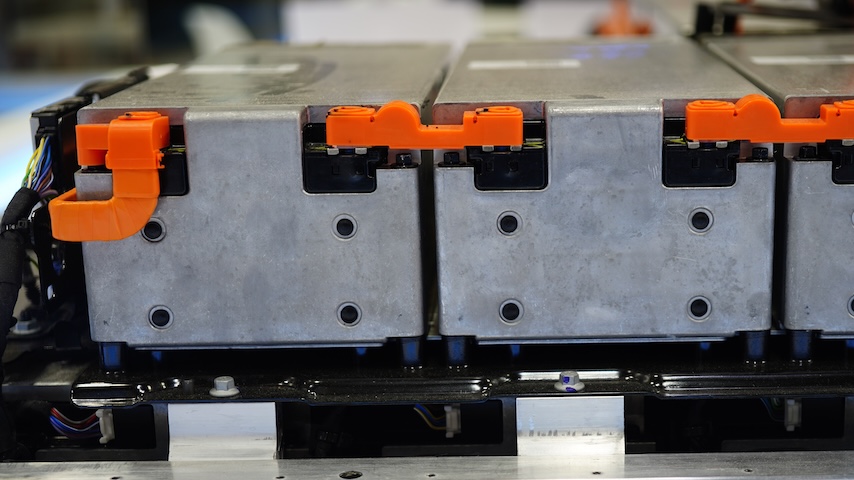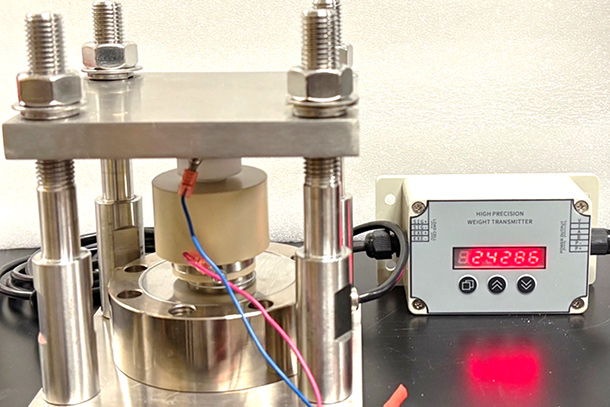New Report Tackles Hurdles Facing Next Generation of Biomedical Researchers
New Report Tackles Hurdles Facing Next Generation of Biomedical Researchers
The National Academies of Science, Engineering and Medicine recently released a report detailing necessary changes to “strengthen the U.S. biomedical research system for the next generation of scientists.” The report was drafted at the request of Congress, with suggestions on how to open up science careers to make them more accessible and encourage those already in careers to explore opportunities. It also explores the challenges that have led to industry reforms in the past, with propositions on how to be successful going forward.
Biomedical engineering in the U.S. has stagnated to the extent that younger generations of scientists are encountering major hurdles to break into the field. Young, qualified scientists interested in pursuing a career in academic biomedical research currently face a dearth of tenure-track opportunities. Those fortunate enough to obtain one of these coveted positions will spend years in a position that requires long hours, with little training and opportunity for independent research, for even lower pay. The report explains that as of 2016, researchers who were able to transition to independent research received their first National Institute of Health (NIH) grant at an average age of 43, 13 years older than the average age in 1980.
The report provides recommendations to help combat this problem, and ameliorate the opportunities for future bioengineers, which are broken down by intended audience. There are policy and milestone considerations listed for Congress, the NIH, and research institutions.
To view the full report, click here: https://www.nap.edu/catalog/25008/the-next-generation-of-biomedical-and-behavioral-sciences-researchers-breaking







